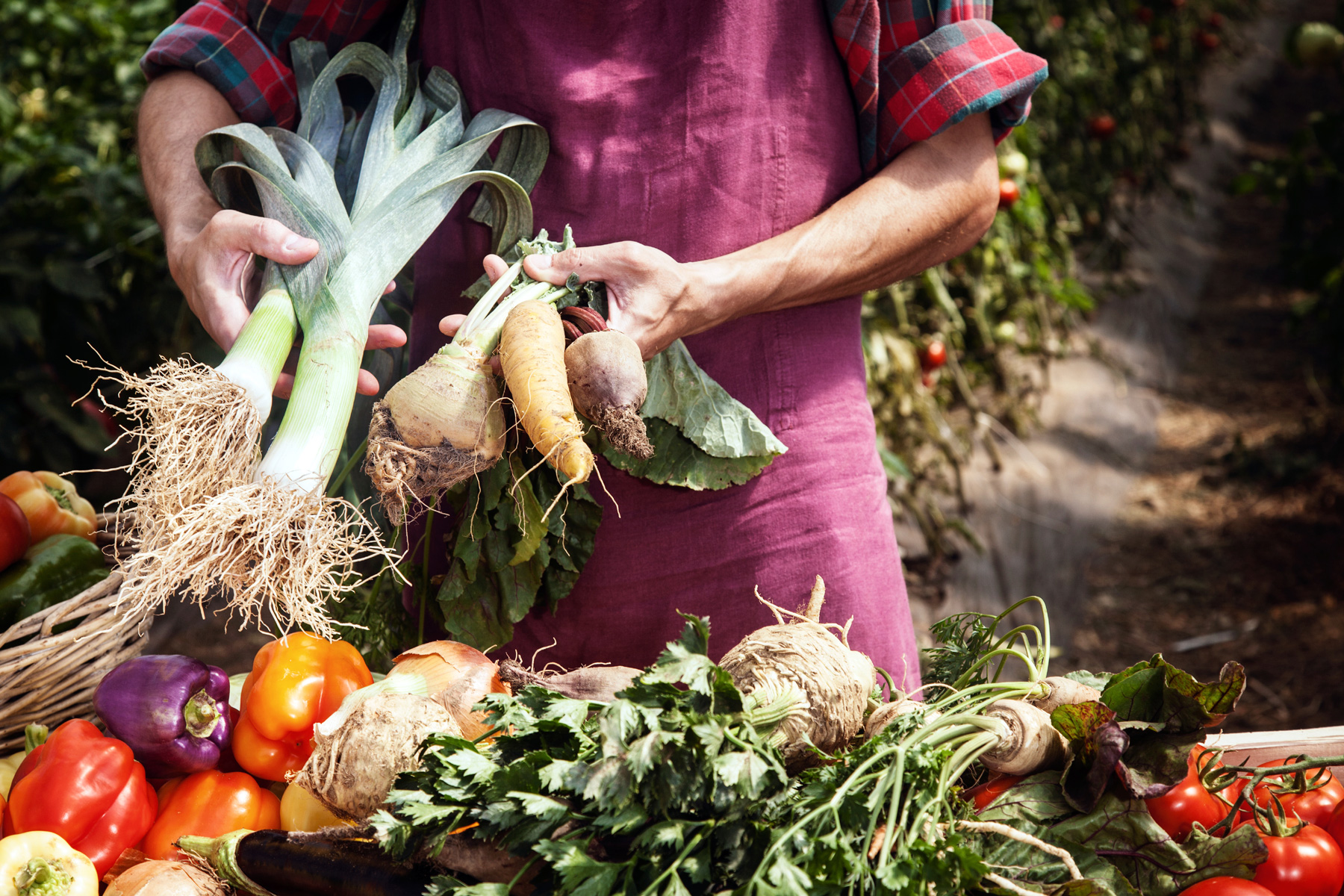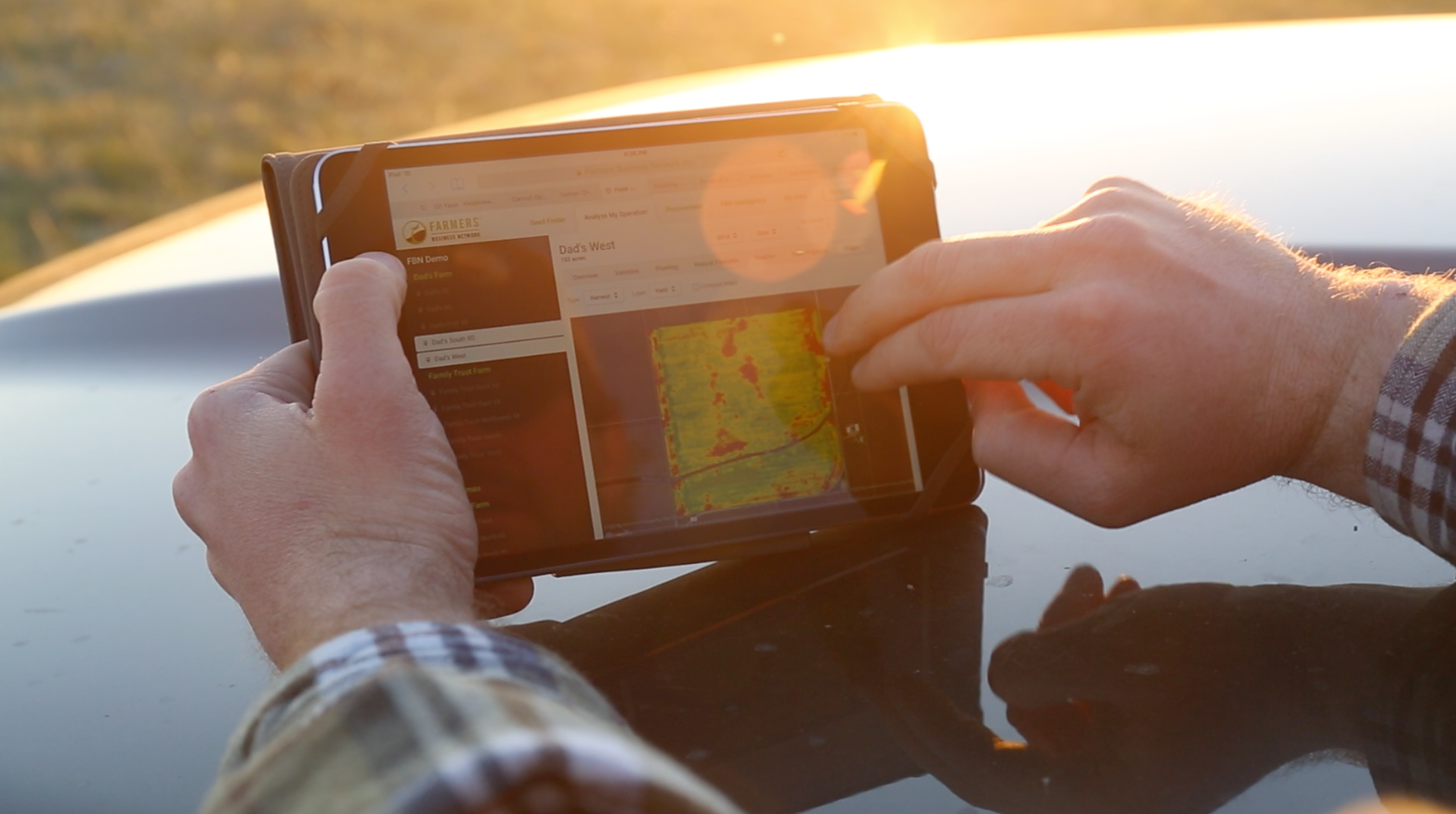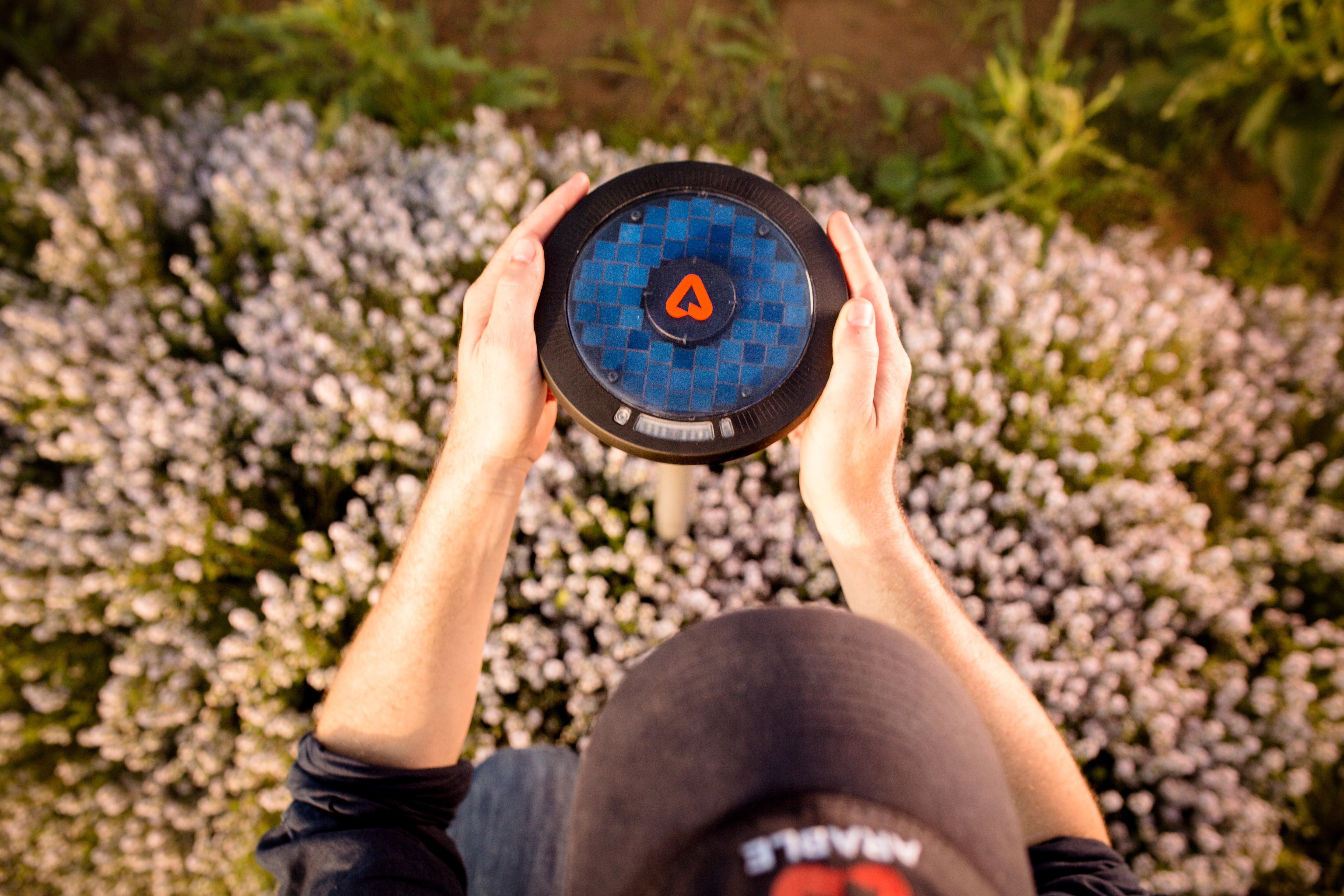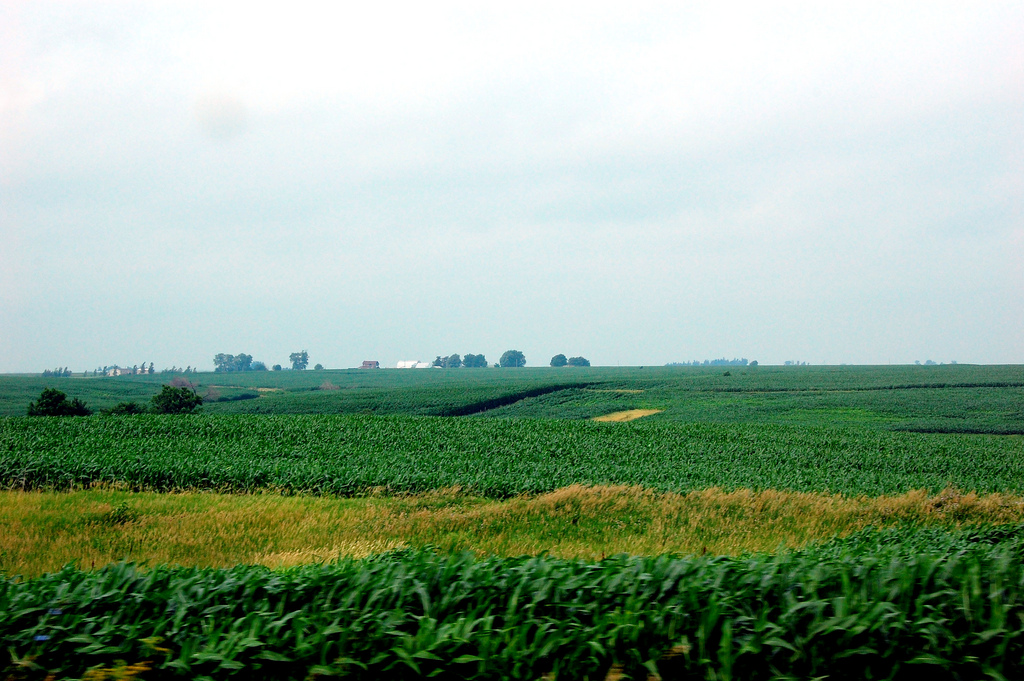Gunnar Lovelace
More posts from Gunnar Lovelace
Most of today’s food is produced by industrial agriculture and that’s a problem.
Industrialized agriculture essentially turns farms into a factories, requiring inputs like synthetic fertilizers, chemical pesticides, large amounts of irrigation water, and fossil fuels to produce outputs like genetically modified crops (corn, soy, wheat) and livestock (meat, poultry, pork) by mechanized production means.
All of this leads to a unsustainable and outdated system that’s heavily dependent on fossil fuels and chemical pesticides, which has dangerous hidden costs. Industrialized agriculture is depleting our nation’s topsoil at such an extreme rate, experts warn we have fewer than 60 harvests left if we don’t shift to more sustainable farming practices.
Plus, the continued use of pesticides on our farmlands is poisoning our soils, water systems and the air we breathe – a recent study found that 93% of Americans test positive for glyphosate, the most heavily sprayed herbicide in the world and one the World Health Organization has categorized as a possible carcinogen.
But it doesn’t have to be this way, a shift to technologically driven organic farming practices could save our topsoils, lessen our dependence on synthetics and even capture 100% of today’s CO2 emissions.
“How we eat determines to a considerable extent how the world is used.”
Here are three suggestions that will help us get back to basics, but better.

Organic Farming
A primary driver of industrialized farming is to make farms more productive by growing more food per acre. To do this, in addition to reliance on synthetic inputs and mechanization, farmers use genetically modified (GM) seeds that are less prone to failure and can withstand heavy doses of chemical pesticides.
There’s a common misnomer that organic farming, without the aid of synthetic ingredients or GM seeds, simply cannot produce equal yields to their industrialized counterparts. This is untrue, a recent long-term study not only found that yields between industrial and organic farms were similar across a variety of crops, on average, organic crops returned nearly double the revenue of the conventional crops.
Additionally, genetically modified crops are designed to tolerate very high levels of toxic herbicides, specifically glyphosate which is the active ingredient in Monsanto’s Roundup. Over 2.6 billion pounds of glyphosate have been sprayed on US crops in the past 20 years. Since GM crops (94% of soybeans and 89% of corn grown in the US) are able to withstand high levels of glyphosate, the plants absorb this toxic chemical, introducing it into the food supply, water systems, air and eventually into our bodies.
A switch to modern organic techniques will not only boost farmer profitability, but will create superior nutrient dense produce that is not genetically modified – a tremendous boon for our environment.

Efficient Energy and Water Usage
There are tremendous wins to be had when combining organic farming with 21st century tech. Innovative irrigation techniques, like using solar powered wireless tags, can water crops with extreme precision resulting in dramatic water savings with zero effect on yield. In sourcing organic tomatoes for our Thrive Market Collection products, we found a partner that saves 2,750,000 gallons of water per day and 4 million kilowatts of electricity annually by leveraging similar technology in the name of efficiency.
There are some farmers in California using ‘dry farming’ techniques to nourish plants without water – using existing water content and nutrient density in healthy soil to sustain crops.

Soil Stewardship
There’s a climate component to this industrialization of our agricultural systems, it’s destroying our topsoil. Experts estimate that we have fewer than 60 harvests remaining if we don’t move away from destructive industrialized farming practices – marked by concentrated production of a single crops, reliant on fossil fuel fertilizers and chemical pesticides – to more sustainable farming techniques.
And that’s where modern organic comes in. When most people think organic organic they’re usually thinking about the virtues of the produce itself, it has more flavor and is generally more ethically produced. This is true, but organic farming is also good for the environment as it promotes healthy soil.
When soil is healthy, free from pesticides or synthetic fertilizers, it’s able to produce a series of vital functions – nutrient cycling, water filtration and water retention. The nutrient cycling piece is primarily why organic produce tastes so much better than conventional produce – it’s packed with nutrients. Plus, healthy soil retains significantly more water than soil laden with synthetics “each 1 percent increase in soil organic matter helps soil hold 20,000 gallons more water per acre.”
Healthy soil also has the ability to filter carbon from the atmosphere. It’s so good in fact, that according to research published by the Rodale institute, if we shifted the world’s farms tomorrow to organic farming practices we could sequester all the carbon being emitted today.
If you consume food you’re an active player in today’s agricultural system, and hold the key for our farming future. By shifting your purchases from unsustainable products born of industrialized farming techniques, to organic products, we can drive resources into expanding sustainable farming infrastructures that will not only improve access and affordability, but will help create a more sustainable future for everyone.
































Comment